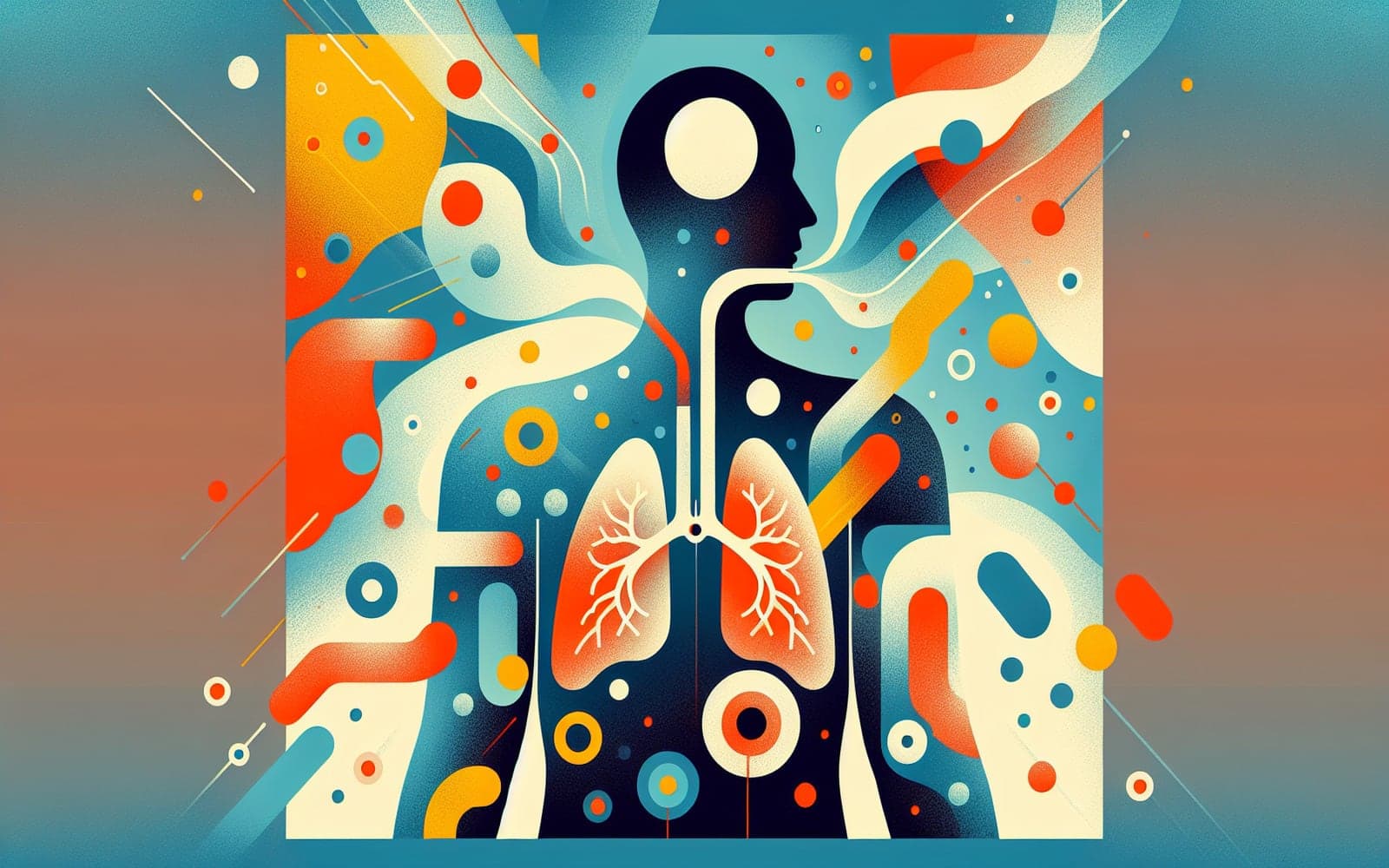What Is Aspiration Pneumonia and Who's at Risk?
Published: Jun 09, 2024
Aspiration pneumonia occurs when food, liquid, or bacteria accidentally enter the lungs, causing inflammation and infection. It's a serious condition that can be life-threatening if not treated promptly.
Contents
Who's Most at Risk?
Several factors increase the risk of aspiration pneumonia. These include conditions that affect swallowing or consciousness, such as stroke, dementia, or sedation from medications. Other risk factors are lying flat while eating, having a feeding tube, or poor dental hygiene. Older adults, especially those in nursing homes, are particularly vulnerable.
What Are the Symptoms?
Symptoms of aspiration pneumonia can vary but often include coughing, fever, shortness of breath, and chest pain. Some people may experience a sudden onset of symptoms, while others develop them more gradually. In severe cases, patients may have difficulty breathing or show signs of confusion.

How Is It Diagnosed?
Doctors typically diagnose aspiration pneumonia based on a patient's symptoms, risk factors, and chest imaging. A chest X-ray or CT scan can show signs of infection in the lungs. In some cases, doctors may take samples of mucus or blood to identify the specific bacteria causing the infection.
Frequently Asked Questions
Yes, through proper positioning, swallowing therapy, and good oral hygiene.
No, it's not spread from person to person.
Recovery time varies, but can take several weeks.
Yes, but it's more common in older adults.
Key Takeaways
Aspiration pneumonia is a serious condition, but understanding the risks and symptoms can help with prevention and early treatment.
If you're concerned about aspiration pneumonia, don't hesitate to discuss your risk factors and prevention strategies with Doctronic.Related Articles
References
Mandell LA, Niederman MS. Aspiration Pneumonia. N Engl J Med 2019; 380:651.
DiBardino DM, Wunderink RG. Aspiration pneumonia: a review of modern trends. J Crit Care 2015; 30:40.
Always discuss health information with your healthcare provider.

